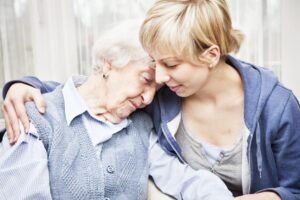American Senior Communities
Where Caring People Make the Difference.

Honored to be Named
- BEST Assisted/Senior Living
- BEST Nursing Home
- BEST Retirement/55+ Community
- FINALIST for Best Place to Work
Lifestyle & Care Options
From Independent Living to Comprehensive Care
Independent Living Garden Homes
Our Garden Homes offer the perfect option for seniors who want the freedom to come and go, but desire the amenities and social opportunities that come with residing in an active senior living community. Through purposeful living and continued personal growth, it’s a home where you can celebrate your individuality while living a maintenance-free lifestyle.
We proudly offer a multitude of options that will entice you as you take your next step in living life to its fullest.
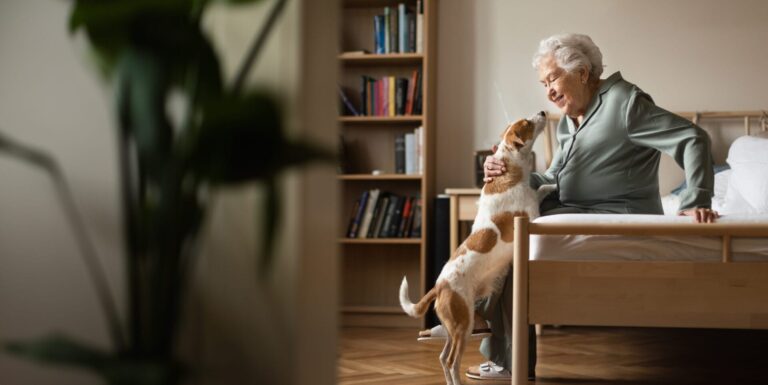
Independent Living Apartments
American Senior Communities is committed to providing you the most comfortable, friendly and safe environment possible with our Independent Living apartments. These apartments offer you a carefree choice that fits your lifestyle, interests and needs. Independent living can be tailored to your unique needs and wishes, providing more personal choice than ever in how you live and the amenities you enjoy.
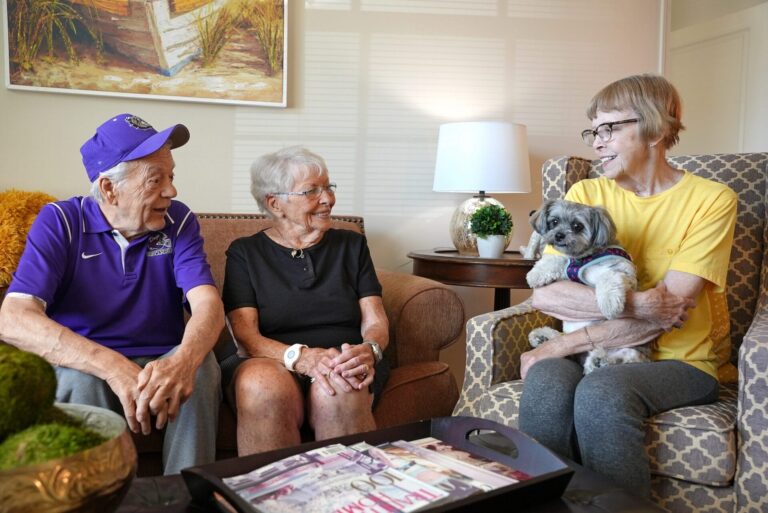
Assisted Living Apartments
Assisted Living at American Senior Communities is designed to allow you to choose what assistance you may require and adjust as your needs change. Each of our thoughtfully designed assisted living apartments can be complemented with supportive services including housekeeping, meals and personal health care and fitness. Live your life at American Senior Communities and make it uniquely yours.
As experts in senior living, we take our investment in you and your family seriously. We proudly offer a multitude of options that will entice and reassure you and your loved ones as you take your next step in living life to its fullest.
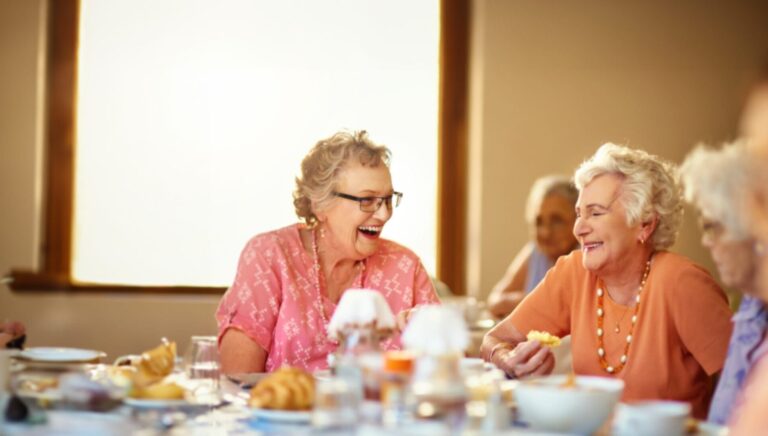
Memory Care Options
American Senior Communities offers two levels of Memory Care for your loved one. Our person-centered, wellness-based approach provides a safe, home-like environment for those dealing with the challenges of dementia and Alzheimer’s disease. Each day is filled with activities that help keep residents engaged, enabling them to experience a greater sense of purpose, fulfillment and well-being.

Skilled Nursing
Long-Term Care at American Senior Communities includes a variety of services for those who cannot care for themselves. When you or your loved one can no longer be cared for in the home, we offer around-the-clock care from a specially trained team of healthcare professionals. The cheerful, home-like setting ensures the highest quality of life for you or your loved ones.
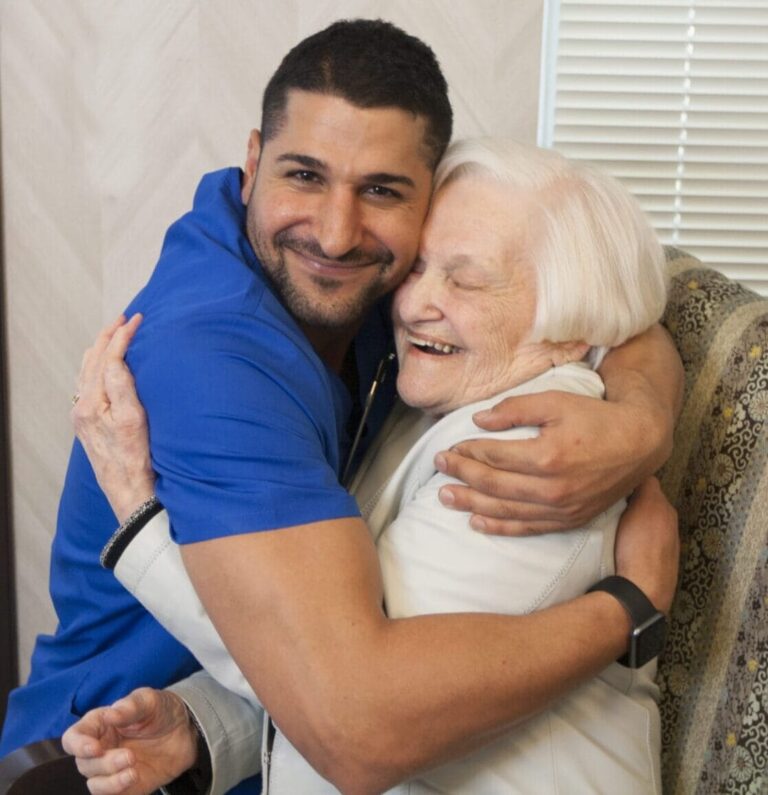
American Senior Communities provides comprehensive rehabilitation and recovery services. Whether it’s physical, speech, occupational or pulmonary therapy, we help get you back to health so you can get back to life. We also offer the flexibility and convenience of Inpatient and Outpatient Care.
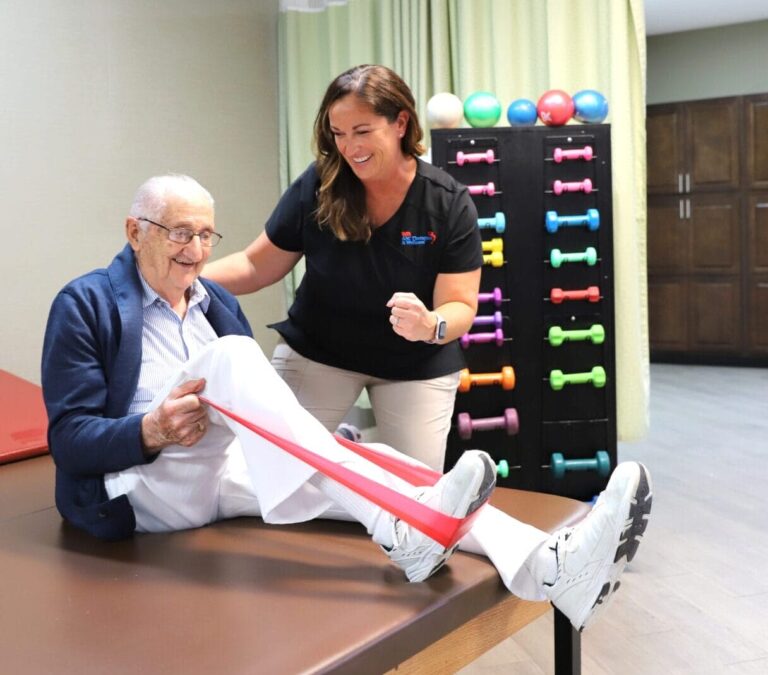
Explore our Senior Living Decision Toolkits

Independent Living Decision Toolkit
Our Independent Living Decision Toolkits are designed to guide your family through the process of selecting the perfect independent livbing community with confidence. In these kits, you will find a variety of resources and checklists.
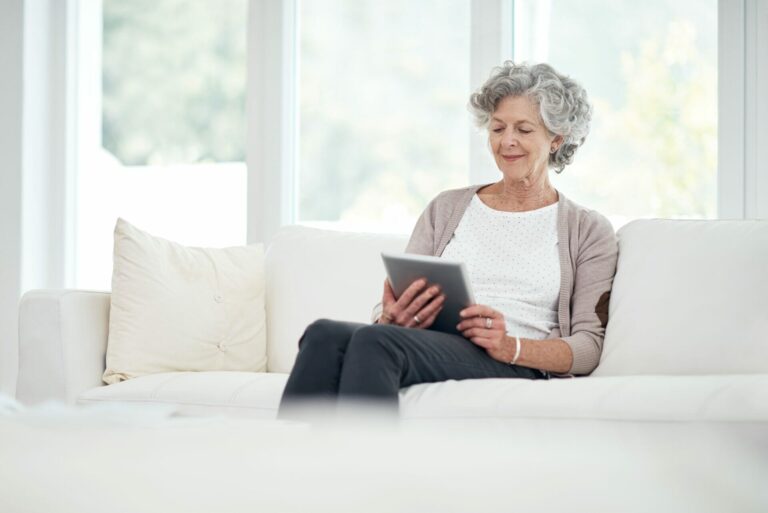
Assisted Living Decision Toolkit
Figuring out how and where to begin the search for next steps can be confusing. This kit contains information on financing assisted living, a checklist of questions to ask, a community comparison chart, a list of resources and FAQs.
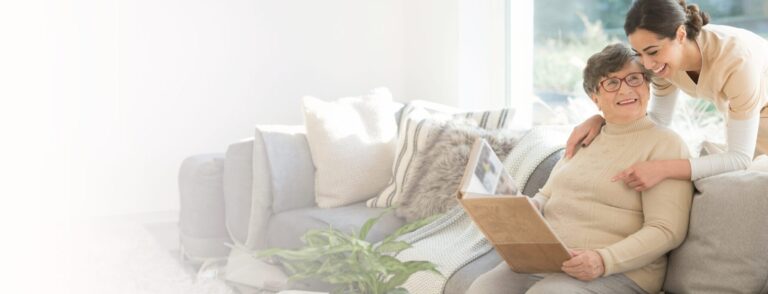
Memory Care Decision Toolkit
We understand that navigating a diagnosis of Alzheimer’s or other forms of dementia can be a time of many emotions and uncertainty. The memory care decision toolkits feature resources for caregivers at every stage of their journey.
Why do our Residents Love Calling American Senior Communities Home?
“I have been here 5 years and will not go anywhere else. Its the people here, the staff and residents. Everyone is happy and friendly.”
Resident
“I love it here! Everyone is so nice. It feels like family.”
Resident
“I can’t believe how available the management is to answer questions and help me. I also had some friends that had already moved in!.”
Resident
Experts in senior care
We're Here When You Need Us
For career information, click here. For volunteer information, click here. For customer service, click here.
Learn More About American Senior Communities
Who We Are
As experts in senior care, we are not just doing a job, but following a calling. We are here to help you and your family find answers, solutions and peace of mind.
CARE Companions
We believe that each customer deserves to be known, recognized, understood and cared for as much emotionally as they do physically.
Centenarian Club
Imagine navigating life against the backdrop of the Jazz Age, the Great Depression, two world wars, the Space Age, the Digital Age and many other historical events.

